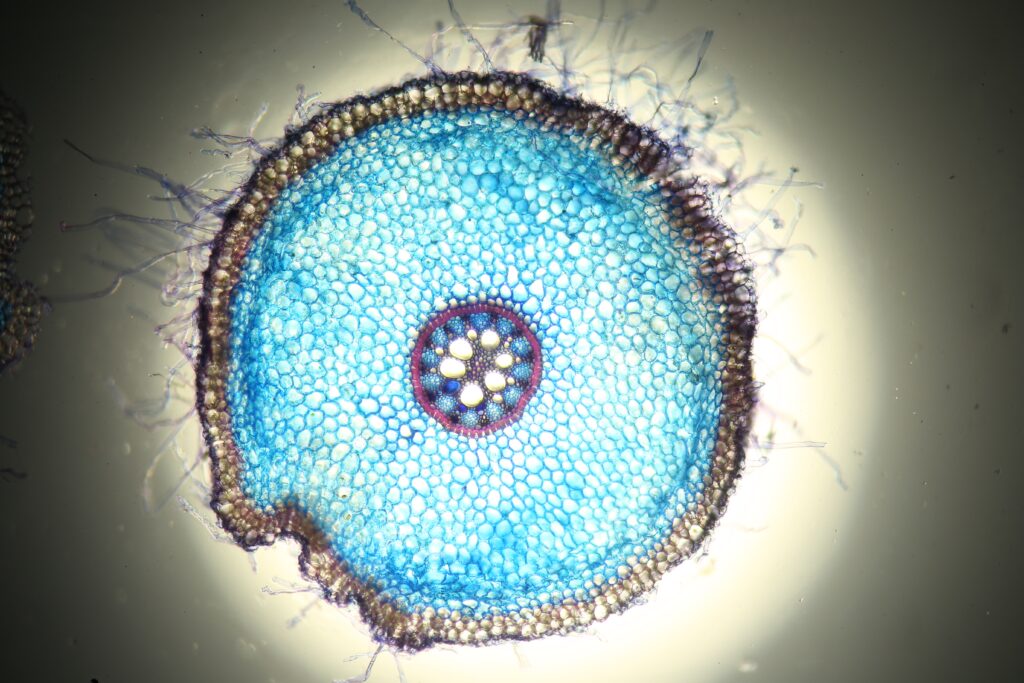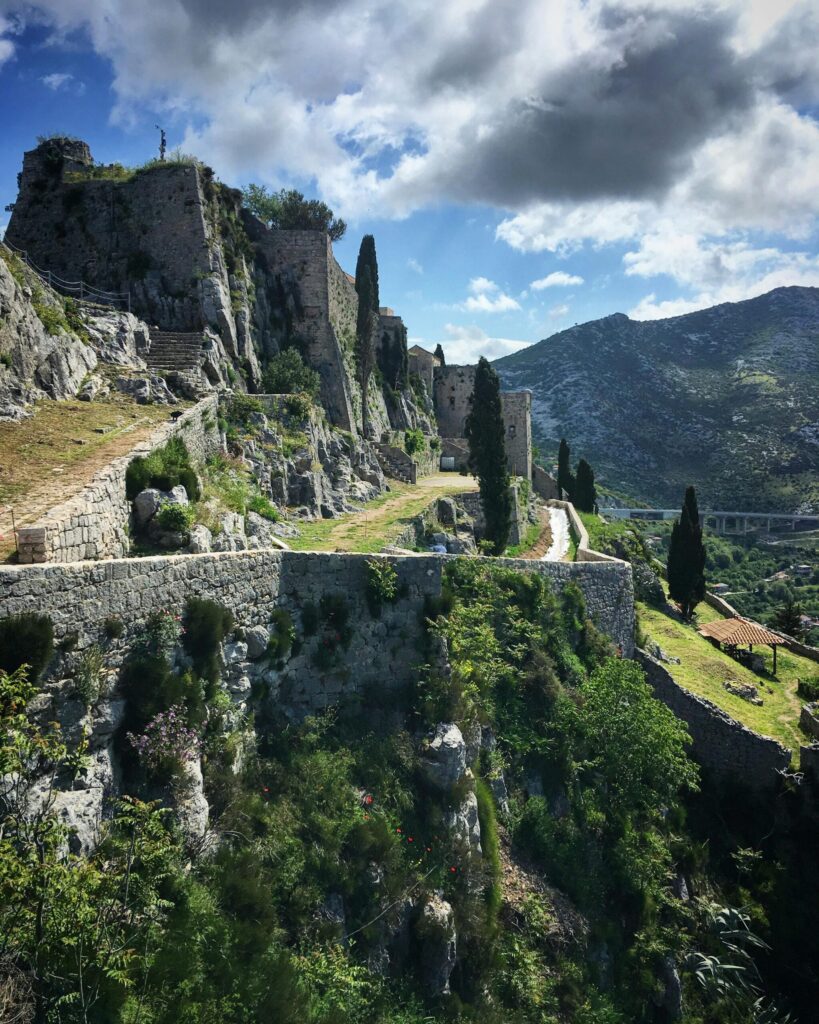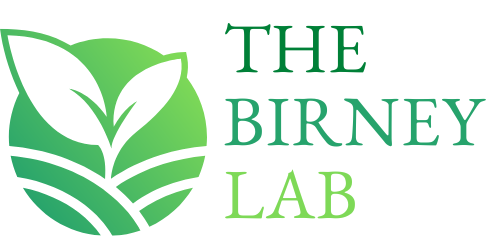Wesleyan University
Welcome to the Birney Lab
The nexus of archaeology, ancient texts, chemistry and environmental science.
What do we do?
Drought Resilience Mechanisms in ancient Egyptian Wheats and Implications for modern Crop Strategies
Physiological and Pharmacological responses of Ancient Medicinal Iris to Saline Environments
Rethinking “Sicilian Crocus” in Antiquity: Ecophysiology, Environment, and Classical Texts
The Birney Lab is a leading research group in ArchaeoEcophysiology.
We investigate ancient cultivation methods to uncover sustainable ways of growing plants with enhanced medicinal potency, aroma, nutrition, and climate resilience. We reconstruct historical landscapes that produced key botanical goods—such as crops, perfumes, and ritual plants—using environmental archaeology, ecophysiology, and ancient Mediterranean texts. In the lab and in the greenhouse, we experimentally test how ancient microclimates and cultivation techniques affected plant traits, from their phytochemistry (including bioactive ingredients) to their strategies for growing in climate-stressed environments. Our findings offer insights into past agricultural practices, and produce actionable data for farmers facing today’s ecological challenges.
Our Approach

What is Ecophysiology?
Ecophysiology explores how plants interact with their environments, whether producing chemical defenses against herbivores, adapting growth and metabolism to survive drought, or altering flower colors to attract specific pollinators. These interactions impact the compounds and products most useful to humans. Ecophysiology reveals the intricate relationships between plants and their surroundings, crucial for understanding ecological balance and how plants can thrive.

What is Archaeo-Ecophysiology?
ArchaeoEcophysiology extends this study into the past, examining how ancient plants responded to their environmental conditions. By reconstructing historical ecosystems and cultivation practices, this discipline offers insights into how ancient communities optimized the growth of key plant species, and the strategies they used to mitigate climate change and ecological challenges in their own time – and how we might apply them in ours.
Birney Lab research is supported by grants from the National Science Foundation, the Andrew W. Mellon Foundation, the Yale Planetary Solutions Fund, and grants from Wesleyan University. All projects make use of Wesleyan’s robust research infrastructure through partnership with Chemistry’s Advanced Integrated Lab, and incorporates student researchers from Archaeology, Biology, Chemistry, College of the Environment, Molecular Biology and Biochemistry, and Classical Studies.


Curious about our work? Contact Us
- Office Address: 294 High St. Middletown, CT, 06547
- kbirney@wesleyan.edu
- 860-685-2067
